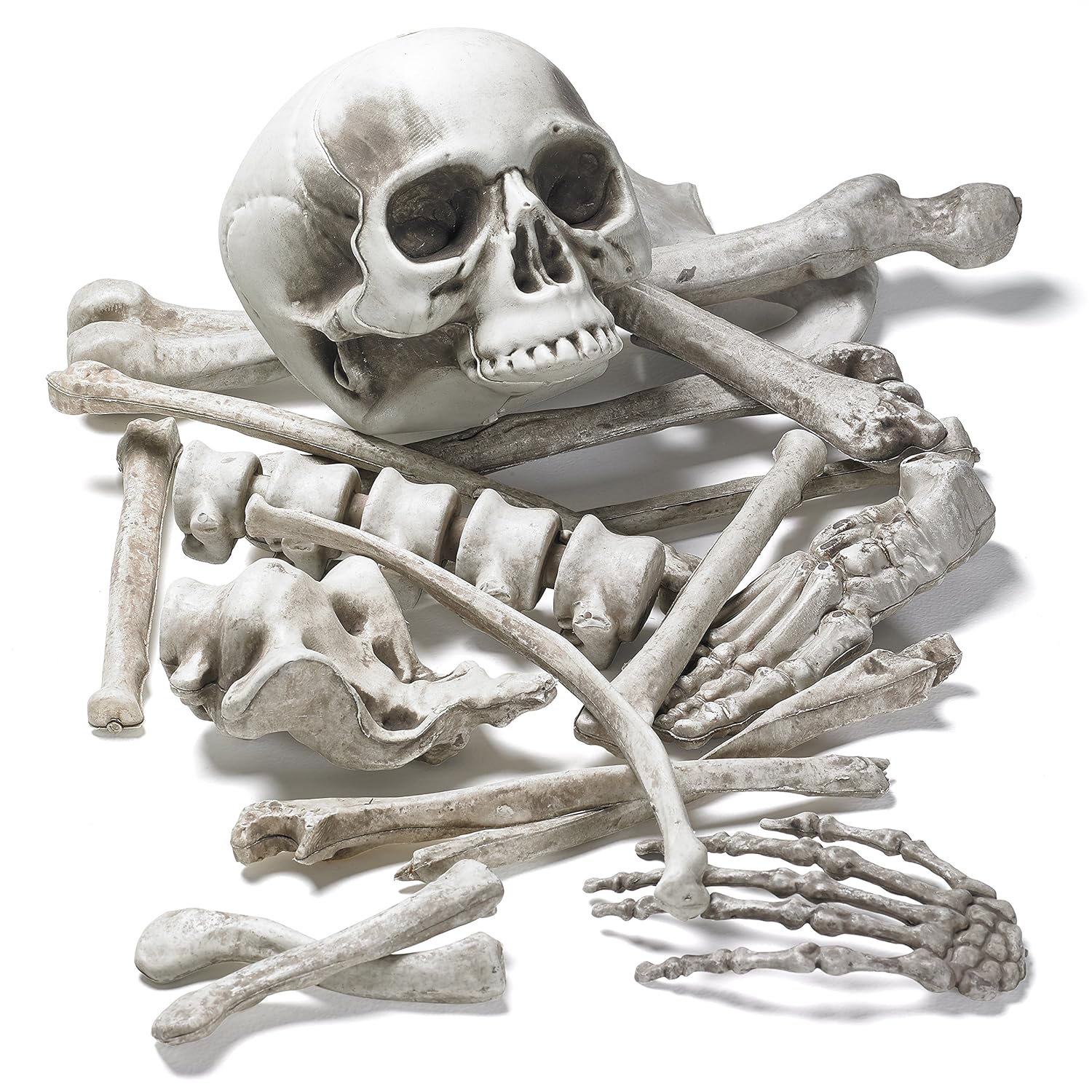(image borrowed from Checkers)
When we stash away a surplus of money we call it a "slush fund," this earns its name from around 1839. "Slush" was a sailor's reference to the grease from the cook's galley which was used to lubricate the ship's masts. When the voyage was over, the left over grease was sold and the money was put into a "slush fund" to be shared by the enlisted men. Eventually, in 1839, when a ship returned to port, all the leftover supplies and equipment was sold an the money added to the profits from the grease in the slush fund.
Yeah...I like my slush in the picture better than grease! Lol.
(image borrowed from Amazon)
If you're studying for an exam, some would say you're "boning up." This expression comes from a British teacher of Greek and Latin who wanted to make life a little easier for his students. With that in mind, he translated the Greek and Latin classics into English and then had them published and passed onto his students. His name was Mr. Bohn and his grateful students called this new, speedier method of reading the classics "Bohning up."
Very interesting! Who would've thought we've been spelling it wrong all this time!
(image borrowed from DocumentaryTube)
Some who is "cooking the books" is someone who cheats on corporate accounting ledgers. When people get creative with their accounting skills, they are breaking the law. The person who will fudge the details needed to be someone with sophisticated bookkeeping skills, much like a chef who can prepare a dish artistically. If it was ever discovered that someone has fudged details in their ledgers and criminal charges are laid out, it's said that the accountant and the employer have "cooked the books."
Well, that wasn't as insightful as I had hoped! Just a comparison to a talented chef? Pretty basic!
(image borrowed from BBC)
In the 19th century, train tracks rain through the center of town and it was the wind that determined which was the right or wrong side to live on. As towns developed, wealthier homes were built on the side that was cleaner and windward while the industrial development and working class lived on the dirtier side. Being from the "wrong side of the tracks" meant you were from a poor or working-class family.
Feel like that's still pretty true these days in some areas.
(image borrowed from Hollywood Reporter)
"Make up your mind" is a saying we use when someone can't make a decision regarding something. A similar expression meaning the same thing is "either fish or cut bait." On a fishing boat, there are two main jobs, you either "cut bait," which is preparing the hook with the bait or make "chum", or you do the actual fishing. The saying "either fish or cut bait" isn't to be taken literal in that sense, it really just means choose what job you want to do and do it.
Interesting. I had never heard of this saying before!








Such interesting information! I like your slush much better too. I've never heard the bait one either but it's now in my vocabulary. Thanks for sharing!
ReplyDeleteJamie @ Books and Ladders